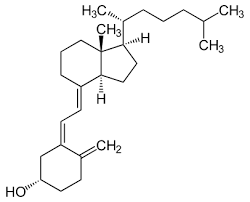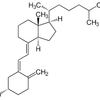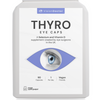Understanding the Role of Vitamin D and Selenium in Thyroid Eye Disease

Thyroid eye disease (TED) is an autoimmune condition that can cause serious eye problems if left untreated. Researchers have been exploring the link between TED and nutritional deficiencies, particularly focusing on vitamin D and selenium. A recent study reviewed the records of patients diagnosed with TED at a clinic from 2016 to 2017 to investigate these associations.
The study included 35 patients with available vitamin D levels and 19 patients with selenium levels. Results showed that 20% of these patients had a vitamin D deficiency, and 31% had insufficient vitamin D levels. Interestingly, none of the patients were deficient in selenium, even though selenium has been shown to reduce the severity of thyroid eye disease.
Vitamin D plays a crucial role in regulating calcium and phosphorus in the body and has been linked to various autoimmune diseases. It might also help slow the progression of TED due to its immune-modulating effects. On the other hand, selenium is vital for thyroid function and helps protect the thyroid from damage by neutralising harmful by products of thyroid hormone production.
Despite the potential benefits of vitamin D and selenium, this study emphasises that more research is needed to determine if supplementation would be beneficial for TED patients. The findings suggest that while vitamin D deficiency is relatively common among TED patients, selenium deficiency is not.
This research highlights the importance of considering nutritional status in managing TED. As always, consult with a healthcare provider before starting any new supplementation.




